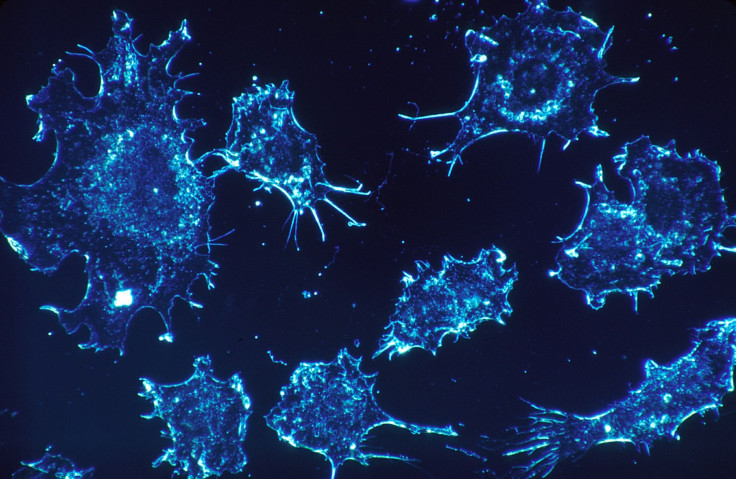RTEL1 Protein Helps Cancer Cells Survive, Researchers Find
KEY POINTS
- Research find a protein that helps in the survival of cancer cells
- There are limited numbers of division among normal cells
- However, the cell division in cancer cells is uncontrollable
A protein called RTEL1 has two significant functions during cell division that is connected with finding new cancer treatments, according to a study by researchers from the University of Copenhagen.
Cell division happens throughout life and is one of the most important biological processes in the body. There are limited numbers of division among normal cells. Contrary to that, the cell division in cancer cells is uncontrollable.
The cell division cycle
There are two significant cell phases that occur during the cell division cycle -- the S-phase and mitosis. The S-phase occurs when there is duplication or replication of the cell’s DNA while mitosis happens when the duplicated DNA is divided equally between the two daughter cells.
Researches have focused on identifying proteins that have important roles in the cell division of human cells. Two significant functions of a special protein in the cell division cycle of cancer cells have recently been uncovered by the researchers from the University of Copenhagen.
The protein RTEL1 plays a significant role in both S-phase and mitosis and this study has been published in the scientific journal Nature Structural & Molecular Biology.
"We discovered RTEL1 has two key functions. In the S-phase, RTEL1 can prevent damaging clashes between the processes of DNA replication and transcription (when RNA is made), which otherwise can cause DNA damage and chromosome instability. It does this by 'ironing out' certain unusual structures that can form between DNA and RNA called R-loops."
"The second feature is that RTEL1 promotes a process called MiDAS, which is very common in cancer cells and happens in mitosis," says Ying Liu, Associate Professor at the Center for Chromosome Stability (CCS), Department of Cellular and Molecular Medicine in a news release in Eureka Alert.
"Our earlier data showed that cancer cells utilize this unusual form of DNA replication far more often than normal cells, because cancer cells have a lot of 'replication stress' in S-phase due to the cell division cycle being perturbed by the over-activity of cancer-causing genes called oncogenes," said Ian Hickson, the professor who was the lead in a study that discovered MiDAS or mitotic DNA synthesis in 2015.

Earlier studies showed that there are other proteins related to cancer cells. This protein is cadherin-22 which is a potential factor in the spread of cancer. This study was published in Oncogene as reported in Science Daily.
© Copyright IBTimes 2024. All rights reserved.





















